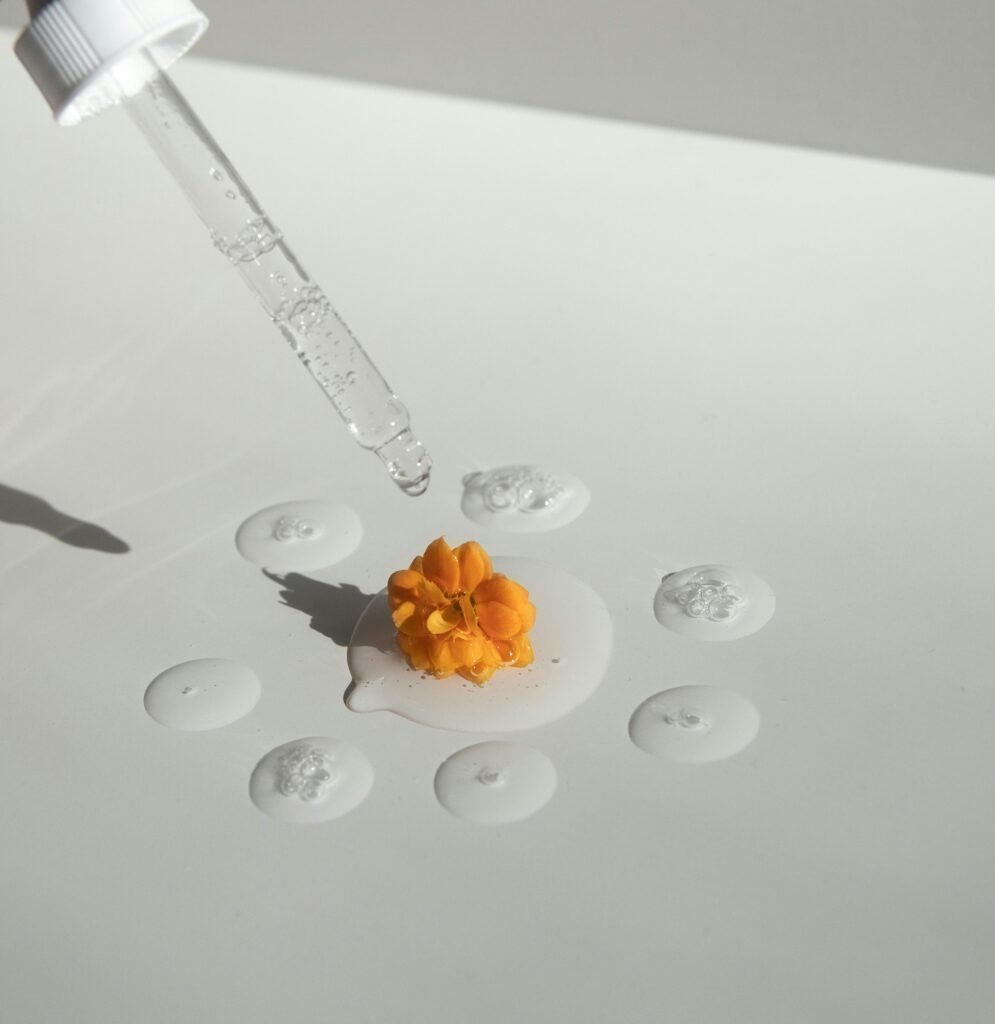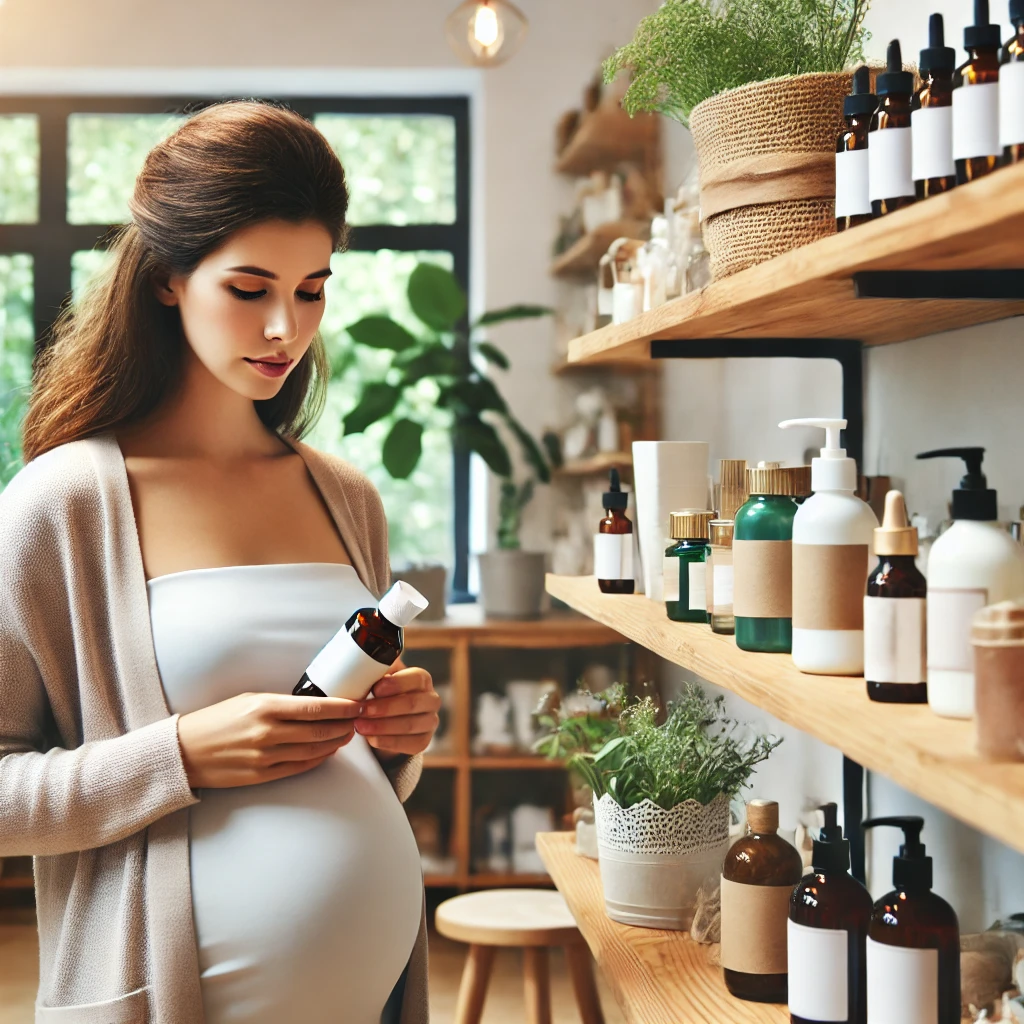Table of Contents
Introduction to Skincare During Pregnancy

Pregnancy ushers in an array of profound physiological changes, and the skin is no exception. Hormonal fluctuations can trigger various skin conditions, such as acne, melasma, and heightened sensitivity. These transformations are not anomalies but rather typical experiences shared by many pregnant women. Therefore, maintaining a consistent skincare regimen during pregnancy is crucial, not only for skin health but also for overall comfort and well-being.
The importance of skincare during pregnancy extends beyond aesthetic considerations. Proper skincare can alleviate some of the physical discomforts associated with these skin changes, promoting both physical and emotional well-being. However, the safety of skincare products is a paramount concern, given the potential risks to the developing fetus. Ingredients that are harmless under normal circumstances might pose significant risks during pregnancy.
Moreover, the increased sensitivity of the skin during pregnancy can mean that products previously tolerated may now cause irritation or allergic reactions. This newfound sensitivity underscores the necessity for pregnant women to reassess their skincare routines and make informed choices. Consulting with healthcare professionals can ensure that the selected products are safe and suitable for use during this critical period.
Understanding which ingredients to use and which to avoid is pivotal. Ingredients like Vitamin A derivatives (retinoids) and certain essential oils are generally advised against due to their potential teratogenic effects. Conversely, products containing hyaluronic acid or Vitamin C are typically considered safe and can help manage skin changes effectively.
In summary, skincare during pregnancy is not just a matter of beauty; it’s a key component of prenatal care that can significantly affect a woman’s comfort and well-being. By being informed and selective about skincare products, pregnant women can navigate these changes more smoothly. This introduction sets the stage for an in-depth exploration of the specific dos and don’ts of skincare during pregnancy in the sections to follow.
Safe Skincare Practices During Pregnancy

During pregnancy, hormonal changes can significantly impact the skin, making it essential to adjust your skincare routine to ensure both safety and efficacy. One of the fundamental practices for expectant mothers is moisturizing. Increased dryness is common during pregnancy, and using a high-quality, fragrance-free moisturizer can help maintain skin elasticity and hydration. This can be particularly beneficial in preventing and managing stretch marks.
Gentle, fragrance-free cleansers are another cornerstone of a pregnancy-safe skincare regimen. These cleansers are less likely to cause irritation or allergic reactions, making them suitable for skin that may become more sensitive during this period. Look for products labeled as hypoallergenic and free from harsh chemicals.
Among the ingredients deemed safe and beneficial during pregnancy, hyaluronic acid stands out as an excellent hydrator. Its ability to attract and retain water helps keep the skin plump and moisturized. Similarly, Vitamin C is a powerful antioxidant that can brighten the skin and fight oxidative stress, contributing to an even skin tone.
Sun protection is equally crucial during pregnancy. Pregnant women are more prone to hyperpigmentation, and a mineral-based sunscreen containing zinc oxide or titanium dioxide can provide effective protection against UV damage without the risks associated with chemical sunscreens. These mineral-based options are gentle on sensitive skin and offer broad-spectrum coverage.
Managing common skin issues like stretch marks requires the use of safe and effective products. Ingredients such as cocoa butter and shea butter are known for their deeply moisturizing properties and can be used to improve skin elasticity. Additionally, engaging in regular, gentle exfoliation can help remove dead skin cells, promoting the absorption of moisturizing treatments.
Skincare Ingredients to Avoid During Pregnancy

During pregnancy, the well-being of both the expecting mother and the developing fetus is paramount, necessitating a reevaluation of skincare routines. Certain ingredients commonly found in skincare products can pose potential risks and should be avoided to ensure the safety of both mother and baby.
One such ingredient is retinoids. Frequently utilized for anti-aging and acne treatment, retinoids are derivatives of Vitamin A. Despite their efficacy, research indicates that high doses of Vitamin A compounds could lead to birth defects. Hence, pregnant women are advised to avoid products containing retinol, retinaldehyde, and tretinoin. As a safer alternative, products with milder exfoliants such as glycolic acid or lactic acid can be considered.
Salicylic acid is another ingredient that warrants caution, particularly in high doses. Often used to address acne, elevated levels of salicylic acid, especially in oral form, have been linked to complications during pregnancy. While low-dose topical applications are typically deemed safe, it is prudent to consult with a healthcare provider before usage. As an alternative, azelaic acid offers comparable benefits without the associated risks.
Certain essential oils are also best avoided. Although natural, essential oils such as rosemary, clary sage, and jasmine have been connected to uterine contractions and other adverse effects. Opt for safer alternatives like chamomile or lavender, which are generally recognized as safe in moderation.
Another ingredient of concern is hydroquinone, a skin-lightening agent. Due to its high absorption rate, there is significant fetal exposure, making its use during pregnancy inadvisable. Instead, expectant mothers can consider products containing Vitamin C or niacinamide to address pigmentation issues.
Lastly, chemical sunscreens containing oxybenzone and avobenzone should be approached with caution, since these chemicals can disrupt hormonal balance. Physical sunscreens with zinc oxide or titanium dioxide serve as excellent alternatives, offering effective sun protection without compromising safety.
Expecting mothers should always consult with healthcare providers to navigate the complexities of skincare during pregnancy, ensuring the chosen products contribute to both the mother’s and baby’s health.
Consulting with Healthcare Providers for Skincare Advice

During pregnancy, consulting with healthcare providers for skincare advice is paramount. As expectant mothers navigate significant hormonal changes, it’s crucial to seek personalized, professional guidance to ensure both maternal skin health and fetal safety. Healthcare providers, particularly dermatologists familiar with pregnancy-related skin changes, can provide tailored recommendations that align with the unique needs and concerns of pregnancy.
One primary reason to involve healthcare professionals in skincare discussions during pregnancy is the complex interplay between various skincare ingredients and pregnancy. Certain ingredients, such as retinoids and high-dose salicylic acid, are generally advised against due to potential risks to the fetus. A healthcare provider can guide patients in identifying safe alternatives, such as glycolic acid or lactic acid, which can be beneficial in managing common pregnancy-related skin issues like acne or melasma without posing risks.
Effectively communicating with healthcare professionals about skincare routines involves preparation and clarity. When scheduling a consultation, bring a list of current skincare products and note any skin changes experienced during pregnancy. This information helps providers understand the full context of your skincare routine and offer more accurate advice. Key questions to ask include which ingredients to avoid, suitable alternatives for addressing specific skin concerns, and any potential interactions between skincare products and other medications being taken.
Additionally, addressing skincare concerns early with a healthcare provider can preemptively manage conditions like dryness, sensitivity, or hyperpigmentation, which are common during pregnancy. Access to professional insight doesn’t just stop at product recommendations — healthcare providers can also suggest lifestyle adjustments or at-home care practices that complement the skincare regimen.
In summary, professional guidance from healthcare providers is invaluable in crafting a pregnancy-safe skincare routine. These experts ensure that skincare practices support both the health of the mother and the developing fetus, enhancing the well-being of both during this critical period.





